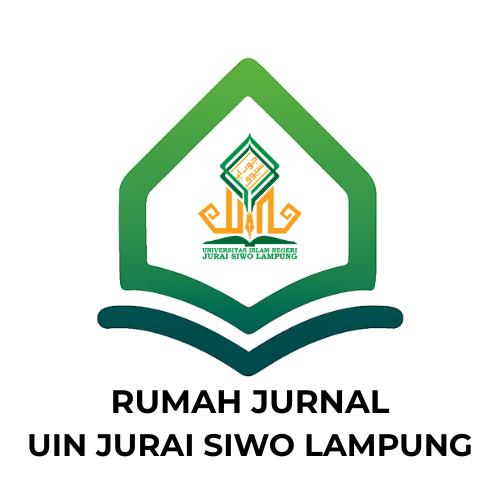Kesetaraan Gender Dalam Kompilasi Hukum Islam : Perempuan Sebagai Saksi Perkawinan
Indonesia
DOI:
https://doi.org/10.32332/istinbath.v18i2.3200Keywords:
Women, Marriage Witnesses, Islamic Law CompilationAbstract
Women's testimonies are a discussion that is still debatable in Islamic law studies, including women's testimonies in the field of marriage.. This paper finds in the Islamic Law Compilation or KHI that women do not have room to be witnesses. As stated in article 25 KHI which reads. “those who can be appointed as witnesses in the marriage contract are a muslim man, fair, aqil, baliqh, not impaired in memory and not deaf or deaf”. This paper uses a library research method, then analyzes it through a gender perspective approach (gender analysis) and statuory regulations (statue Approach) and uses theory content as a legal consideration analysis technique. The purpose of this paper is to analyze article 25 Compilation of Islamic Law (KHI) from the perspective of gender equality and legislation. This study found that the Islamic Law Compilation or KHI which is used as a reference for the leader in determining marriage witnesses has weaknesses, in addition to its content which reflects a lot from law No. 1 of 1974 also the basis of the article is almost entirely emphasized from the fiqh syafiiyah books which are then used as references. Whereas in Al-quran and Hadith itself it does not prohibit women from being witnesses of marriage. Likewise, constitutionally, women have the same position before the law. For this reason, there is a need for amendment to article 25 of the Compilation of Islamic Law by providing opportunities for women to be allowed to become saski in marriage.













